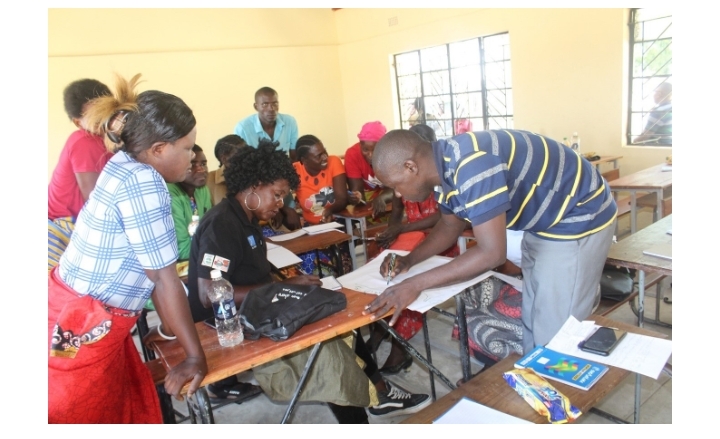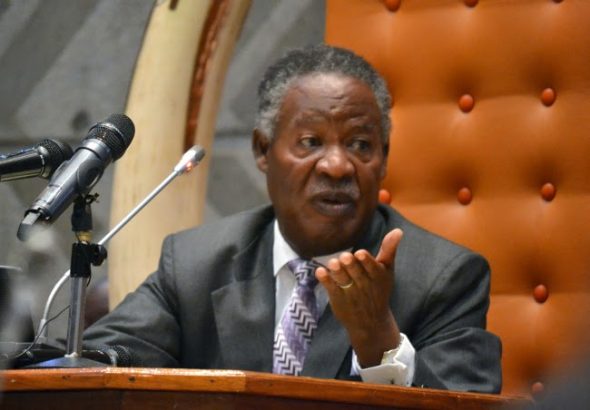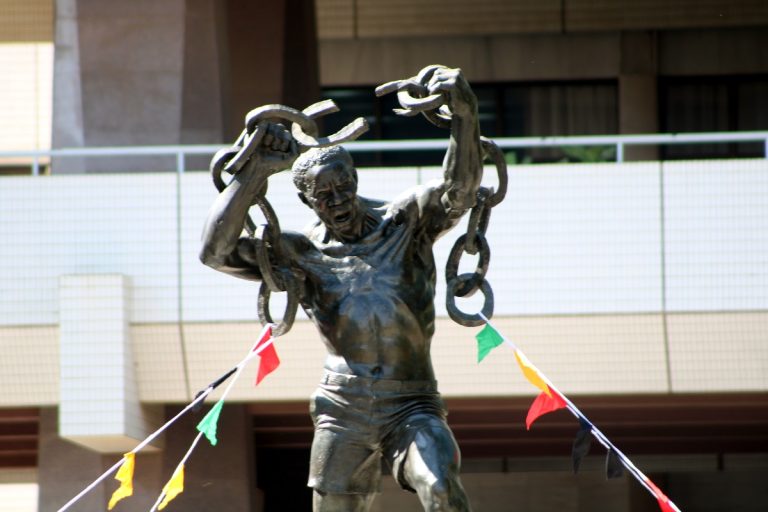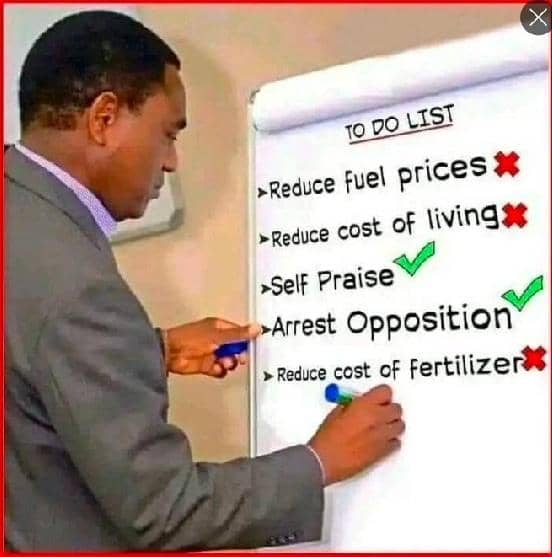
File Photo: Formation of the Women Watch Committees in Sesheke. The groups were tasked to list down the types of Gender Based Violence affecting their respective communities and identify those that have a link to the environment. Photo by ActionAid Zambia.
Enhancing gender based violence awareness and prevention in the fisheries sector where sex for fish exploitation is rampant.
By ActionAid Zambia.
Lusaka, Oct. 1 – Almost universally, women are dependent on fish resources obtained by men for their livelihoods.
Unfortunately, as gender-based violence (GBV) is used across environment sectors to assert control over land and natural resources – and can be exacerbated in the context of environmental degradation and climate change – the fisheries sector is no exception.
In Zambia, Diana (not her real name) receives threats and harassment from men when she is working at a fishing camp in the Western Province.
These camps are the seasonal home and workplace of many women like Diana, who depend upon the fish caught by men that underpin their businesses and household protein needs.
Indeed, when we imagine fishing, most picture men on boats – and for the most part, this assumption rings true as they make up approximately 90% of fish harvesting roles.
Yet, the fishery value chain does not stop there, and only represents the start of a vast number of downstream fishing activities. Representing 90% of global fisheries post-harvest roles, women are usually the first buyers of fish at boat landing sites and process and market the fish – thereby forming approximately half of the overall sector (IUCN & USAID, 2019).
The efforts of women and men to secure fish is part of a global economy, with fish supporting an estimated 600 million people’s livelihoods, constituting 20% of daily protein for 3.3 billion people (FAO, 2022).
The Gender Based Violence Watch Committees (GBVWCs) conducted eight awareness meetings in the last quarter, reaching a total of 300 women.
Diana was one of these women. During a meeting, she expressed how she felt she could finally safely seek support and information on how to report gender-based violence cases more confidentially thanks to the mechanisms established by the project.
Some of these mechanisms include mother support groups, and providing women a safe and confidential referral pathway to disclose gender-based violence exposure.
These changes are important as women like Diana have noted that if they report a case to the police, they risk having their identity revealed, leading to the risk of receiving threats to the point of having to withdraw the case.
Often, compensation is promised for withdrawing. When the survivor is not paid, and he or she/he returns to report again, it is often too late to seek legal justice.
Diana explained how in the past, she didn’t know where to seek services as the nearest service providers like the police and health center are located about 35 kilometers away – or at least one day’s walk – from the fishing camps where she works.
At the GBVWC meeting she attended, Diana learned about the different services available in the community and felt comfortable seeking a referral for services at a locally-based one stop center, which provides legal aid, raising her confidence in a positive outcome when seeking assistance.
IUCN and USAID’s partnership through the RISE grants challenge seeks to address serious risks like those faced by women in the fisheries sector in Zambia.
Through the RISE grants challenge, the project is raising awareness among women and men on exploitative practices like sex for fish and empowering them to address it.
As environmental degradation and climate change exacerbate gender based violence and environment linkages, urgent investment is needed to catalyze the implementation of solutions in this nexus.
To make well-informed and thoughtful decisions, one must be able to see things from perspectives other than one’s own. Gain new perspectives by following Woodpecker’s Digest! Reading does open up a world of possibilities.
©2023 Woodpecker’s Digest.
Putting news into perspective








